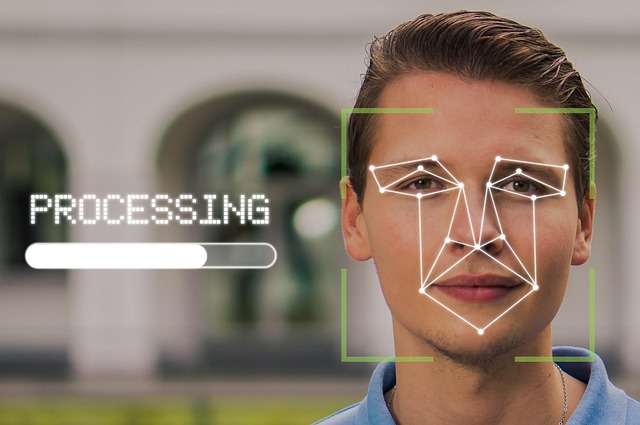Digital Dilemmas: Navigating Teen Culture Online
In the rapidly evolving landscape of teen culture online, navigating the nuances of digital interactions can feel daunting. Technology is interwoven into the fabric of daily life, shaping not only how teenagers communicate but also how they perceive the world around them. As digital natives, today’s teens face unique challenges and opportunities that can impact their self-esteem, relationships, and understanding of social dynamics.
Technology Etiquette
Understanding and practicing technology etiquette is crucial for teens as they establish their digital identities. From the way they communicate to the content they choose to share, online behavior can have lasting repercussions. One of the first lessons in digital etiquette is the importance of respect. Teens must learn to treat others as they would like to be treated, recognizing that behind every screen is a real person with feelings. This includes being mindful of tone in text messages, refraining from cyberbullying, and supporting peers in their online endeavors.
Another facet of technology etiquette is the concept of digital footprints. Teens should consider that what they post online can remain accessible for years, potentially affecting future opportunities such as college admissions or job prospects. Teaching teens to think critically about the content they share enables them to curate a positive online presence. Encouraging them to prefer quality over quantity in their social media interactions fosters a more meaningful online experience.
Social Trends
In the world of teen culture online, social trends can shift in the blink of an eye, shaped by viral content and the whims of influencers. Teens often find themselves navigating the complexities of trends, from the impact of social media challenges to the rise of digital activism. These trends not only shape their online conversations but also influence their behaviors and values.
A significant trend is the growing emphasis on authenticity. As teenagers become weary of curated perfection, there is a rising call for realness in online spaces. This authenticity promotes vulnerability and encourages openness, allowing teens to connect on deeper levels with their peers. However, with this trend comes the challenge of balancing authenticity with the desire for social acceptance, often leading to a constant evaluation of self-worth based on online engagement.
Moreover, the embrace of social movements through online platforms has introduced a new dimension to teen culture. Issues such as climate change, mental health awareness, and social justice are prevalent in online discussions, providing a platform for teens to express their beliefs and rally for change. Engaging in these dialogues empowers them but also requires critical thinking skills to sift through information, discern credible sources, and contribute positively without falling prey to misinformation.
As we explore the intersection of technology, communication, and social dynamics, it becomes evident that the navigation of teen culture online is a multifaceted journey. By fostering conversations about technology etiquette and social trends, parents, educators, and peers can create an environment that encourages thoughtful engagement while helping teens develop resilience in their online interactions.




